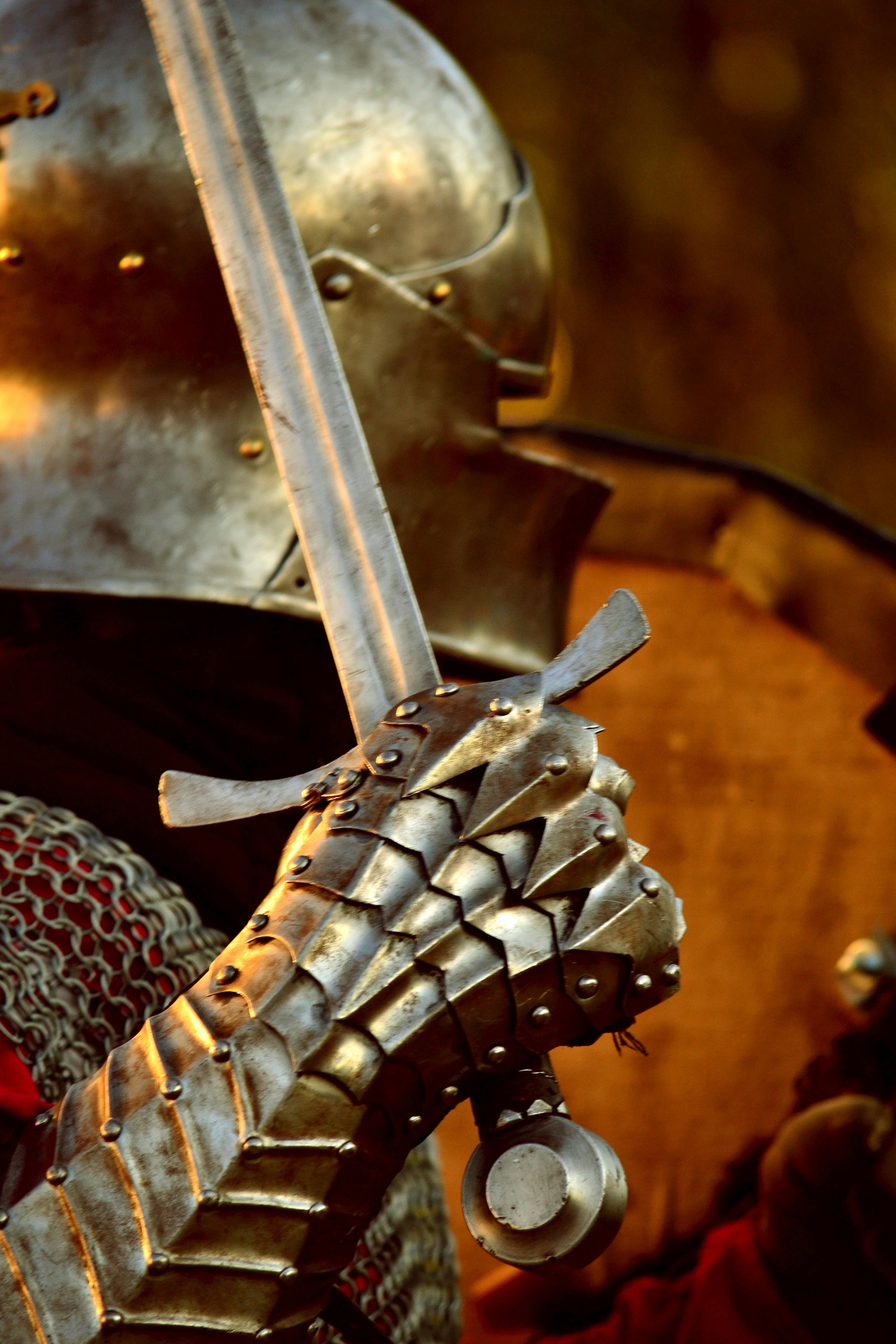Learn about the life and legacy of Khalid bin Waleed, the Sword of Allah, and his contributions to Islamic history.
Introduction:
Hazrat Khalid bin Waleed, also known as the Sword of Allah, was one of the most prominent companions of Prophet Muhammad (PBUH) and a renowned warrior of his time. He played a significant role in expanding the Islamic Empire, and his sword was a symbol of his bravery and strategic military skills.
Early Life and Conversion to Islam: Khalid bin Waleed was born in 592 CE in the Banu Makhzum tribe of Mecca. He was initially a staunch opponent of Islam and even fought against Muslims in the Battle of Uhud. However, after witnessing the bravery and determination of Muslim warriors, he was impressed and converted to Islam in 629 CE.
Military Achievements: Khalid bin Waleed's military career is marked by several notable achievements. He was the commander of the Muslim army in the Battle of Mu'tah, where he showed his exceptional tactical skills by leading his army to victory despite being outnumbered. He also played a crucial role in the Battle of Hunayn, which marked a turning point in the expansion of the Islamic Empire.
The Sword of Allah: Khalid bin Waleed's sword, also known as the Saifullah, was a symbol of his bravery and military prowess. The sword was said to be so sharp that it could slice a man in half with a single blow. It was also believed to be divinely guided and protected, which gave Khalid bin Waleed an advantage in battles.
Legacy: Khalid bin Waleed's legacy is still celebrated today, and he is considered a hero by many Muslims around the world. His strategic military tactics and leadership skills continue to inspire military leaders, and his sword remains a symbol of bravery and valor.
Conclusion
In conclusion, Hazrat Khalid bin Waleed's importance in Islamic history cannot be overstated. He was a brave and capable commander who played a vital role in the early Islamic conquests. His military tactics and strategic planning were instrumental in several decisive battles that led to the expansion of Islam. His legacy serves as an inspiration to Muslims around the world, as his life and achievements demonstrate the importance of courage, determination, and faith in the face of adversity.









